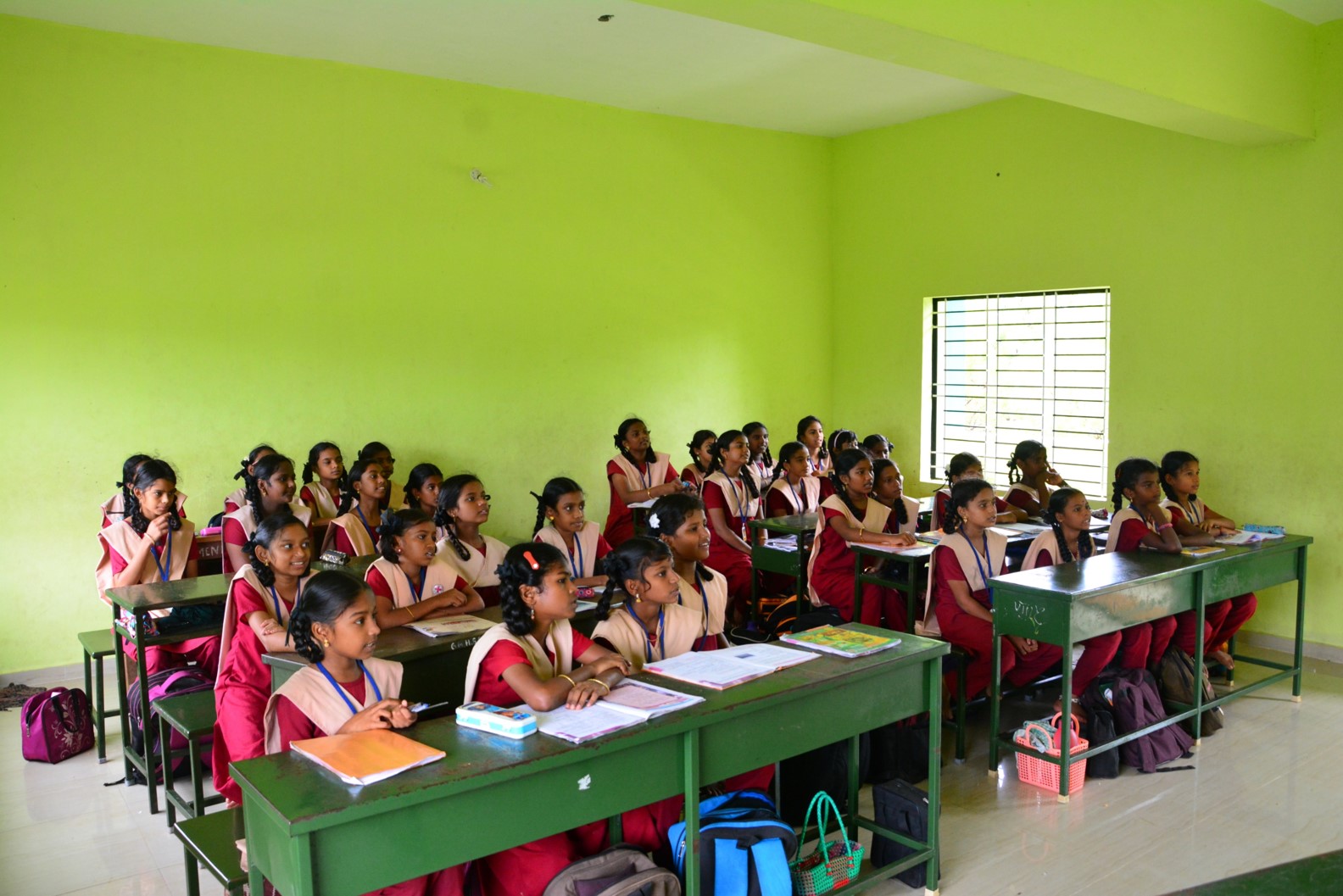Srinivasan Services Trust (SST) empowers 184,000 women across 5 states
New Delhi: International Women’s Day marks the tremendous, often unrecognized achievements of women around the world, in their struggle for economic and social parity. This year’s theme #PressforProgress, resonates deeply with the work of Srinivasan Services Trust (SST), the social arm of TVS Motor Company, and their initiatives for women in some of India’s most underserved communities.
For more than 20 years now, SST has worked tirelessly in thousands of villages in India to help women make the shift from being just homemakers to breadwinners. SST’s focus on helping women use their skills to earn has vastly boosted income in India’s rural communities. Our program of empowering women has transformed villages into more progressive communities.
SST does this through Self Help Groups (SHG), where women team up as a collective and become entrepreneurs. Together, they are able to access more credit, meet their loan repayments and get better prices for the goods they make. So far, this financial year alone, women from as many as 13,500 SHGs have earned more than Rs. 450 crores. This is the collective hard work of 184,000 women. They have, in turn, become role models in their communities through their hard work and determination to strive for a better quality of life.
‘’Women have shown great resilience, commitment, tenacity and willingness to adapt throughout history. At the villages where SST works, we find they are the true change agents who want better lives for their families and communities,” said Mr. Venu Srinivasan, Managing Trustee, SST. “Empowering women is the bedrock of the community work we do because it leads to lasting and meaningful change.”
The impact of this work can be seen in the transformed lives of not just these women, but their families too. The additional income has helped them send their children to better schools, vested them with dignity at home and enabled them to put more food on the table. In many cases, it has reduced domestic violence because of increased financial independence and the support of fellow women entrepreneurs. Many of the women in the SHG, who had never been to a school or had formal learning, are now functionally literate because they have schooled themselves through adult learning centres.
The women in the villages where SST is active, earn anything from Rs. 1,500 to Rs. 6,000 a month. In some cases, they earn much more. As a result of their increased confidence, we find women have taken the lead in helping us implement various programs. These range from garbage segregation and collection, to sending children to anganwaadis where they eat more nutritious food and learn about hygiene.
SST’s model of self-empowerment which involves giving women the tools and the means to lead better lives has yielded rich results all around. These programs also tie in well with the government’s initiative of encouraging the girl child and educating her. At government schools in SST-assisted villages, the attendance is typically at 100%. Almost all 107,000 girls of school-going age, are at school in the villages where we have a presence.
As part of the health drive, SST helps bring government resources to the villages. That’s helped bring the maternal mortality rate down to 9.6 per 100,000 births in villages where we offer support. More than 555,000 women have recovered from anaemia, which can be crippling and often goes undetected. The deficiency is spotted through regular health camps in the villages we assist. Our social workers teach them ways to improve the iron deficiency by growing iron-rich vegetables in their kitchen gardens and using it in their diets.
The stories of change range from women groups who make shopping bags for large retail outlets to older women who can now read and write after years of depending on others.
For inspiring stories on how we are transforming communities through women’s empowerment and #pressforprogress, please visit our website www.tvssst.org You can also find us on Facebook @ssttvsm.

